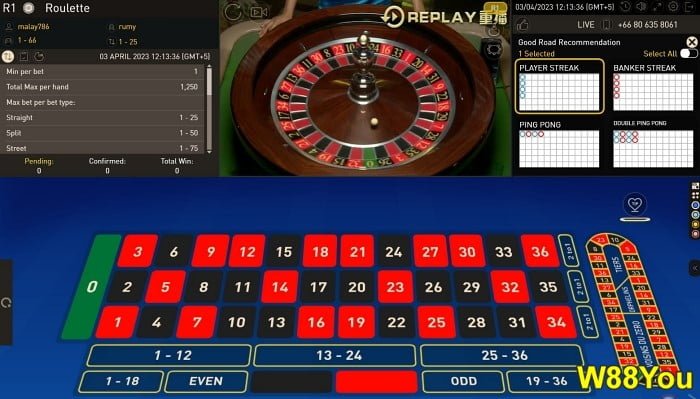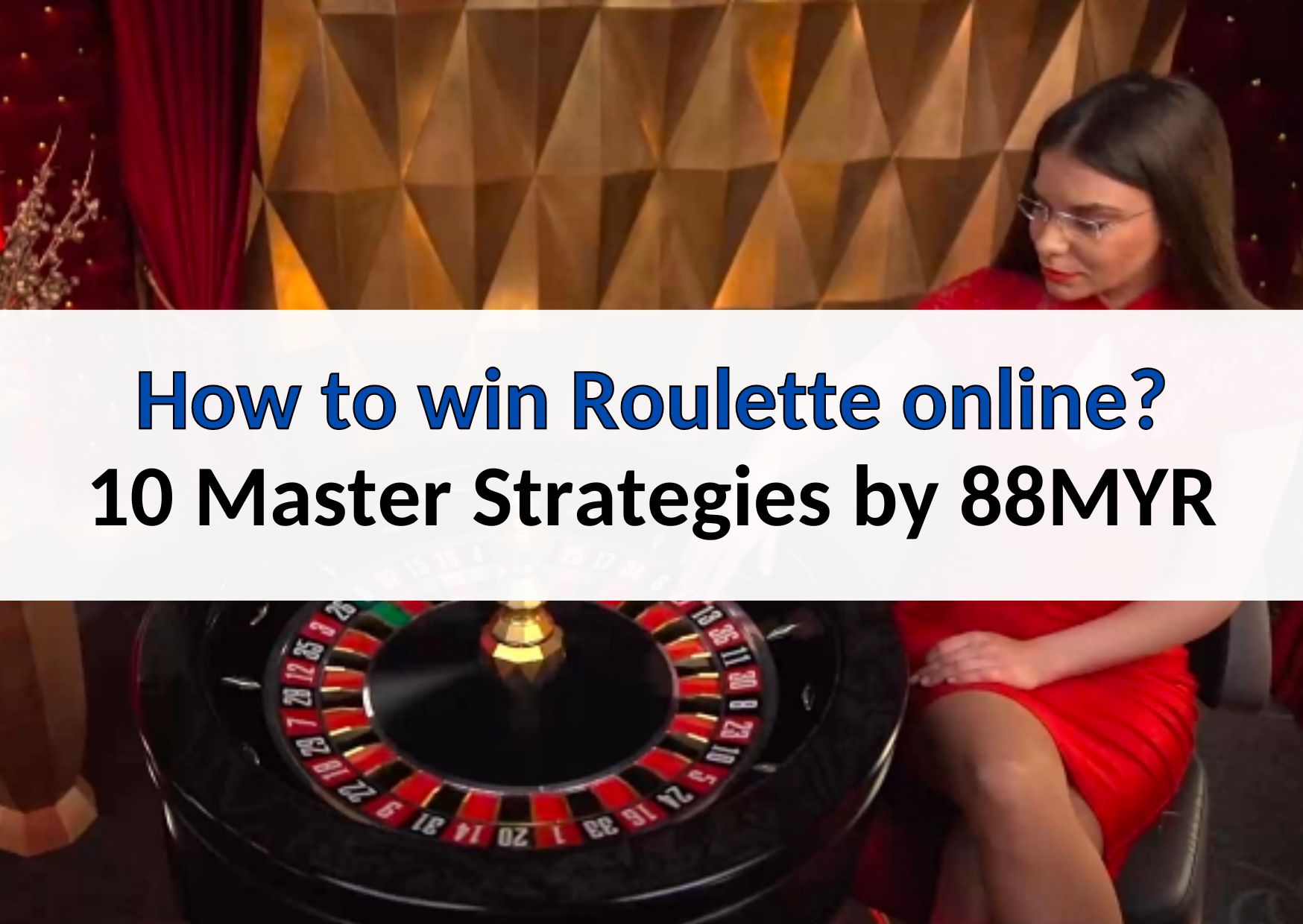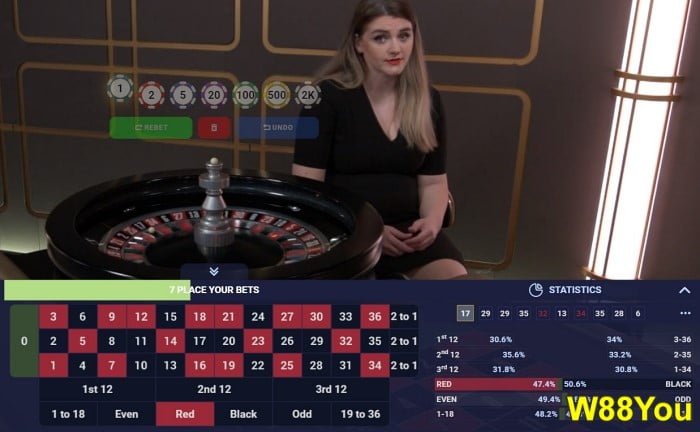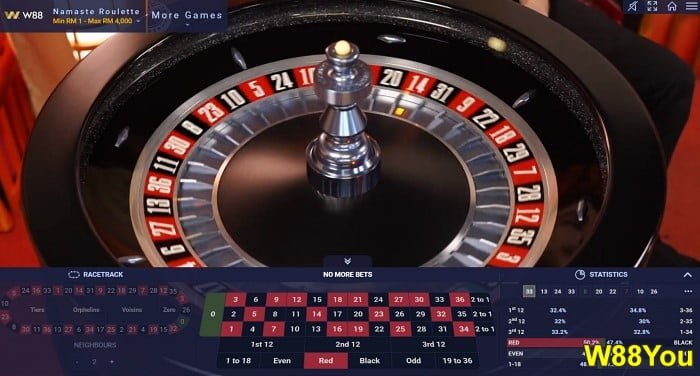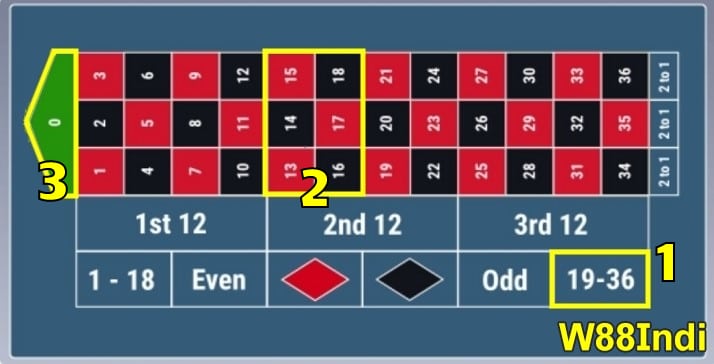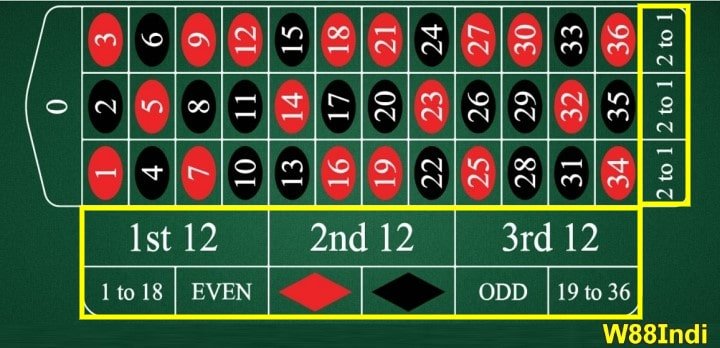How To Win Roulette Every Spin

The allure of roulette, with its spinning wheel and promise of instant fortune, has captivated gamblers for centuries. The game's seemingly random nature, however, belies a persistent human desire: to conquer chance. But is it truly possible to consistently beat the roulette wheel, to transform a game of pure luck into a predictable path to profit?
Claims of foolproof roulette strategies abound, fueling endless debates and attracting both seasoned players and hopeful novices. From intricate mathematical systems to sophisticated technological approaches, the pursuit of a winning formula remains a compelling, if often elusive, quest. This article delves into the heart of the matter, examining the realities behind these claims and exploring the perspectives of experts, mathematicians, and gambling authorities.
The Myth of Guaranteed Wins
The fundamental challenge in "winning" at roulette lies in its inherent randomness. The wheel is designed to produce unpredictable outcomes, with each spin independent of the last. This is a critical point often missed by those promoting betting systems.
The house edge, typically around 2.7% for European roulette and 5.26% for American roulette, further tilts the odds in the casino's favor. This edge represents the statistical advantage the casino has over the player in the long run.
Betting Systems: A Closer Look
Many strategies focus on managing bets rather than predicting outcomes. The Martingale system, perhaps the most well-known, involves doubling your bet after each loss, aiming to recover previous losses and achieve a small profit.
While seemingly logical, the Martingale system requires a substantial bankroll and carries a high risk of hitting the table limit, rendering it ineffective. Other systems, like the Fibonacci and D'Alembert, operate on similar principles, adjusting bet sizes based on previous results.
However, all of these strategies fall prey to the same fundamental flaw: they cannot alter the underlying probabilities of the game. As Dr. Michael Shackleford, a mathematician specializing in gambling analysis, explains, "No betting system can overcome the house edge in the long run."
The Lure of Imperfection: Wheel Bias
One potential avenue for exploitation lies in the possibility of wheel bias. This occurs when a roulette wheel is not perfectly balanced, leading to certain numbers appearing more frequently than statistically expected.
Historically, astute observers like Joseph Jagger managed to identify and exploit such biases. Jagger hired clerks to record the results of roulette wheels at a Monte Carlo casino in the late 19th century. By analyzing the data, he identified a biased wheel and profited handsomely.
However, modern casinos employ rigorous maintenance and testing procedures to minimize wheel bias. Gaming commissions regularly inspect roulette wheels to ensure fair play. Furthermore, sophisticated software can now rapidly detect any statistically significant deviations from randomness.
Technological Approaches: Edge Sorting and Beyond
The pursuit of an edge has led some to explore technological solutions. Edge sorting, a controversial technique involving identifying and exploiting subtle variations in the patterns on the backs of playing cards, has been applied to other games, but its applicability to roulette is limited.
Some individuals have even attempted to use hidden devices to predict roulette outcomes. However, these efforts are fraught with legal and practical challenges. Such devices are illegal in most jurisdictions, and their effectiveness is often questionable.
Casinos employ advanced surveillance technology to detect and prevent any form of cheating. Trying to use electronic devices to manipulate the game will almost certainly result in detection and prosecution.
Expert Opinions and Official Stances
Gaming authorities and gambling experts are unequivocal in their assessment of roulette strategies. The Nevada Gaming Control Board, for example, states that "no strategy can guarantee a win at roulette."
This sentiment is echoed by leading academics and statisticians. The consensus is that roulette is fundamentally a game of chance, and while short-term fluctuations are inevitable, the house edge will prevail over the long run.
Responsible gambling organizations emphasize the importance of understanding the risks involved. BeGambleAware and similar groups advocate for informed decision-making and encourage players to view gambling as a form of entertainment, not a source of income.
Conclusion: Embracing the Odds
The quest to "win" at roulette on every spin remains an elusive dream. While betting systems and attempts to exploit wheel bias may offer temporary illusions of control, they cannot overcome the inherent randomness and the house edge.
Instead of pursuing unrealistic strategies, a more rational approach involves understanding the odds, managing your bankroll responsibly, and enjoying the game for its entertainment value. Roulette is, after all, a game of chance, and embracing that fact can lead to a more enjoyable and sustainable gambling experience.
The real win in roulette, therefore, lies not in consistently beating the wheel, but in making informed decisions and playing responsibly. The allure of the game will always remain, but a clear understanding of its inherent limitations is crucial for anyone venturing into the world of roulette.

